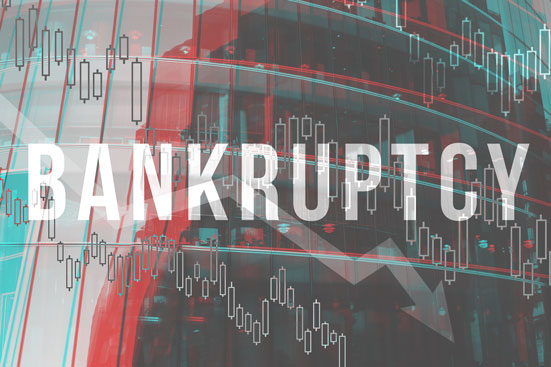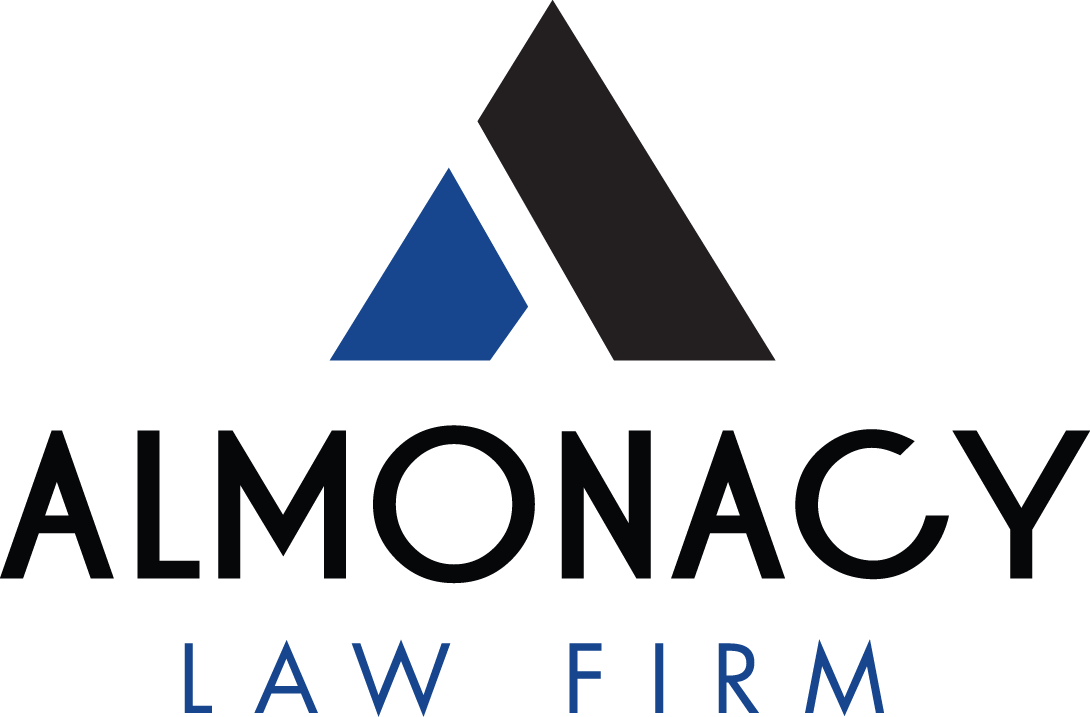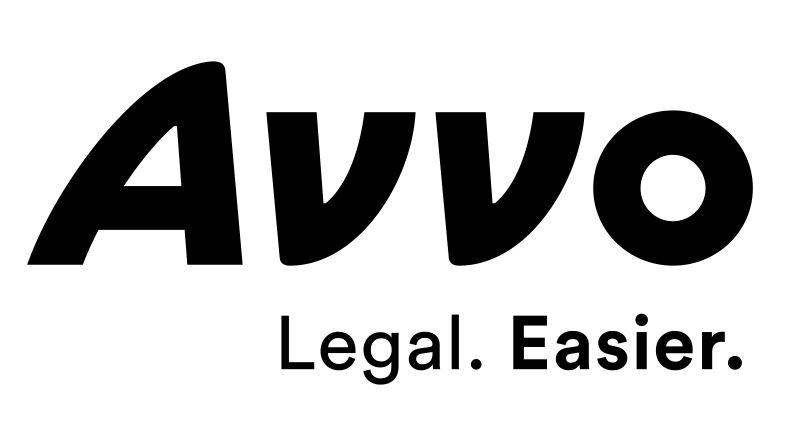Bankruptcy

Almonacy Law Firm
Bankruptcy
Filing for Chapter 7 or Chapter 13?
If you have found yourself frustrated, anxious or even depressed because of financial debt, then bankruptcy could be your solution. Often it starts with making payments late and evolves over time. You may find yourself living paycheck to paycheck and may have missed mortgage payments. Bankruptcy can be helpful to people who cannot pay their bills. People often file bankruptcy to release themselves of the emotional burdens and stresses associated with carrying large debt. Other’s file bankruptcy to prevent a foreclosure and to keep their property.

What Types of Bankruptcy Does Almonacy Law Specialize in?
Chapter 7 Bankruptcy – Liquidate all your dept and keep your property.
Chapter 13 Bankruptcy – Pay a portion of your debt over the course of a few years.
What are some advantages to filing bankruptcy?
- Elimination of debt
- Peace of mind
- Reestablish new credit and increase your credit score
- Protect or keep your property
What are the first steps to filing bankruptcy?
The first step to filing for bankruptcy is an initial consultation with a well-seasoned attorney who can guide you each step of the way. During the initial consultation, your income, expenses, debts, and personal property are assessed to see which bankruptcy is best suited for your situation. To ensure accuracy, your lawyer will need to see relevant tax returns, wages, and other information to properly prepare the necessary filings for the court.
Once the paperwork is files, you will be assigned a trustee who is appointed to the case. This person will receive all your property that is non-exempt and hold an auction to convert those assets to cash that will be available for distribution to your creditors.
What happens after I file for bankruptcy?
What can I keep in a Chapter 7 bankruptcy?
How do I Know if I Am eligible for Chapter 13 Bankruptcy?
What is considered reasonable/allowable living expenses?
Allowable living expensed in Chapter 7 and Chapter 13 refer to a person’s basic expenses such as their rent, mortgage, utilities, and day to day expenses. These expenses can be deducted from your regular income when helping to determine whether you qualify for the means test when filing Chapter 7 or structuring payments in a chapter 13 bankruptcy.
- Mortgage or rent (including maintenance and repair costs)
- Utilities, water, trash, and sewer
- Cable, cell phone and internet
- Medical, dental, auto and life insurance
- Transportation/vehicle costs
- Alimony, child support and child related expenses
- Personal care such as grooming, clothing
- Student loan or educational expenses
- Taxes are not dischargeable in bankruptcy

FULL-SERVICE NEW JERSEY LAW FIRM
Need Advice From AN Expert Lawyer?
(908) 688-5500

Contact Alomancy Law Firm Today






